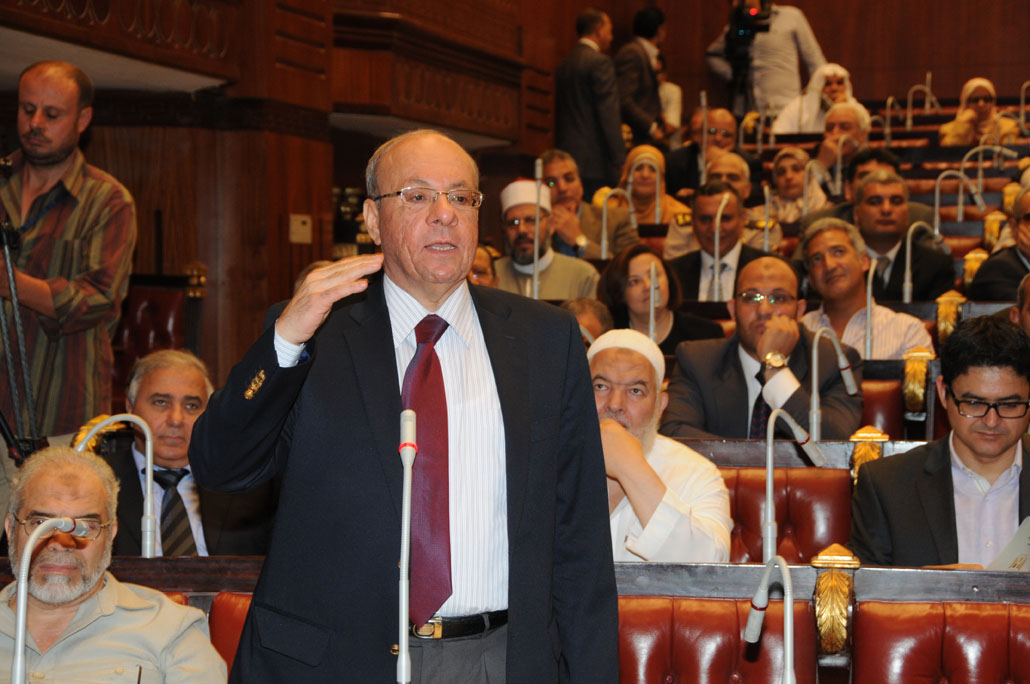VIENNA, Austria: The chief UN atomic inspector suggested Tuesday that nuclear weapons states bore some blame for other countries seeking such arms, because they are modernizing arsenals rather than scrapping them.
Mohamed ElBaradei, the head of the International Atomic Energy Agency, spoke on the sidelines of a 145-nation IAEA meeting that has focused partly on proliferation concerns exemplified by North Korea and Iran.
North Korea, which set off a test nuclear blast two years ago, has frozen its disarmament efforts and is moving toward re-supplying its plutonium producing reprocessing plant. Iran has defied UN Security Council demands that it stop uranium enrichment while stonewalling an IAEA probe into allegations it worked on a nuclear weapons program in the past.
The US France and Britain – three nuclear weapons states that have ratified the Nonproliferation Treaty – are particularly critical of Iran.
Although ElBaradei focused on all nuclear weapons states, his comments appeared to be a particular challenge to those three to set an example.
How can I go with a straight face to the non-nuclear-weapon states and tell them nuclear weapons are no good for you, while the weapon states continue to modernize and to say we absolutely need nuclear weapons, ElBaradei said.
Still, he said the number one security threat was not proliferation but the possibility of terrorists getting a nuclear weapon or the material to make a dirty bomb.
Speakers during the first two days of the meeting have been united in praise for ElBaradei and his agency s work. But a proxy battle reflecting a wider struggle between the US and its critics was shaping up beneath the surface over whether Syria or Afghanistan should fill one of the rotating seats on the IAEA s 35-nation board.
The board is the IAEA s decision making organization; membership on it gives nations a voice in shaping IAEA policy and actions, including probes of nations suspected of breaching nonproliferation commitments.
Syria, along with its ally Iran, is the focus of such investigations. The United States and its allies argue that Syria should not be considered for a seat until it is given a clean bill of health by the IAEA.
But Syria is a favorite for the Middle East and South Asia group, which has a right to fill a rotating board seat this year.
There is near consensus in our group for us, Mohammad Badi Khattag, Syria s chief representative to the IAEA, told The Associated Press.
Another diplomat familiar with the issue said, however that – while Syria was favored – Afghanistan had the backing of at least three Middle East and South Asia members. He demanded anonymity for divulging confidential information.
If the group remains split on its choice, the full meeting will decide by secret ballot, forcing a showdown in a forum that usually works by consensus.
A Western diplomat at the meeting – who also asked to remain unnamed for divulging confidential information – said Tuesday that most, if not all, European nations were ready to back Afghanistan, along with the US, Canada, Australia, New Zealand, South Korea and Japan. On the other side of the fence were most Islamic nations and many other developing countries traditionally voting against Washington on nuclear-related issues.
Wahid Monawar, Afghanistan s deputy representative to the meeting, said his country was ready to put its candidacy to a full vote.
I believe we are the better candidate because we will bring understanding between the East and West, he told the AP. We will be the bridge to understanding.
Afghanistan is not under an investigation by the agency. The sole interest of Afghanistan is to bring peaceful technology to its people, Monawar said, alluding to rival Syria and suspicions about its nuclear aims.
